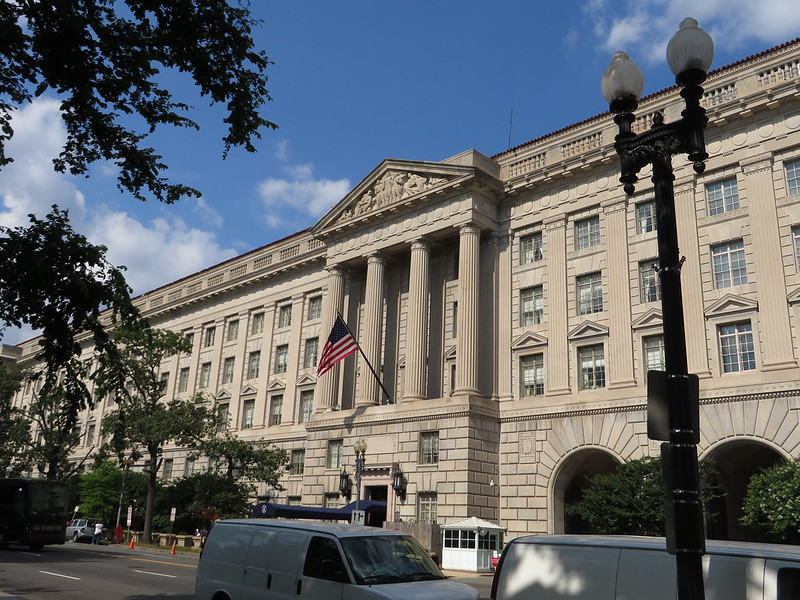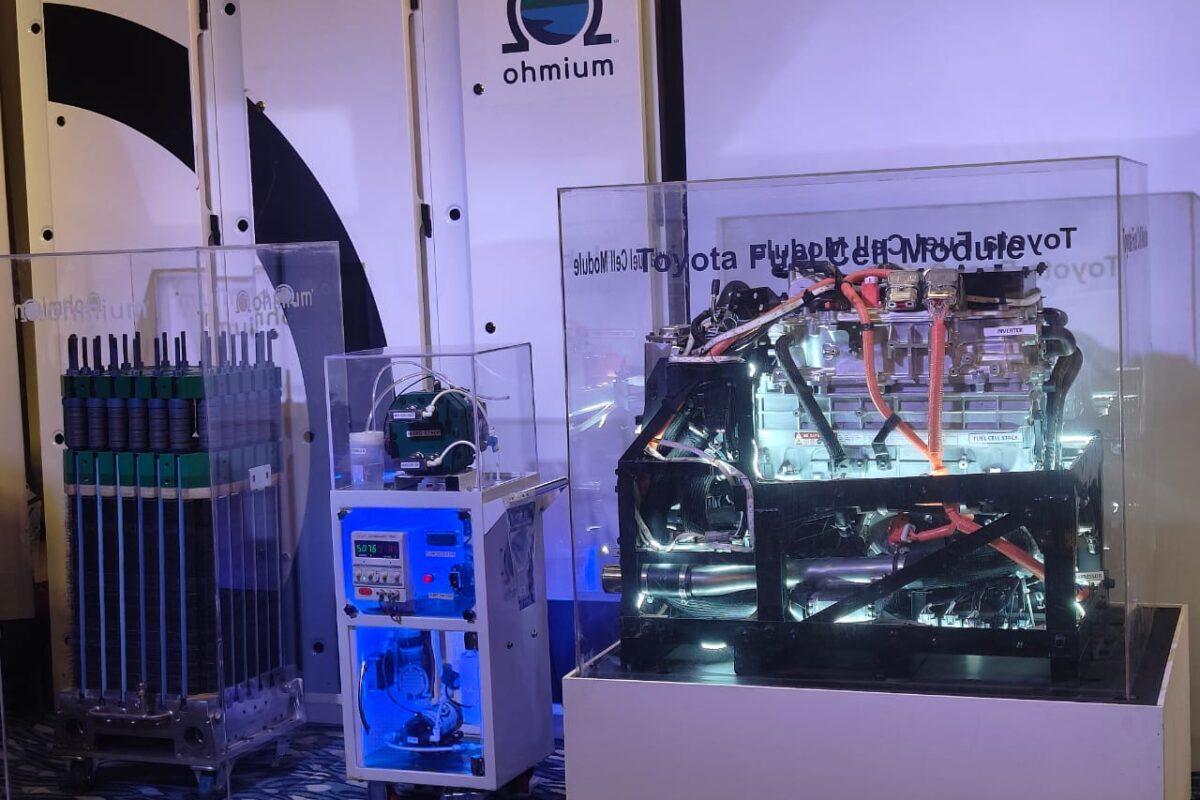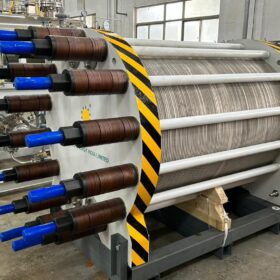From pv magazine International
The U.S. Department of Commerce tossed out a request by an anonymous group of solar companies that sought what could have been crippling tariffs on a handful of companies that import modules from Malaysia, Thailand, and Vietnam.
The dismissal is a win for the Solar Energy Industries Association, which vigorously opposed the request by American Solar Manufacturers Against Chinese Circumvention (A-SMACC) for anti-dumping and anti-circumvention (AD-CVD) tariffs. In a statement, SEIA president and CEO Abigail Ross Hopper called the decision to reject the petitions a “major victory for America’s 231,000 solar workers.”
She said the Commerce Department’s decision “provides a rush of certainty for companies to keep their investments moving, hire more workers and deploy more clean energy. This is a critical time for climate progress, and we cannot afford to go backwards at a time when we need to be deploying more clean energy than ever.”
A-SMACC filed a series of petitions in mid August seeking a Commerce Department investigation into its allegations that module imports from the three countries represented an attempt by the companies to skirt existing U.S. rules against dumping.
In an email to pv magazine, Timothy Brightbill, attorney for A-SMACC, said the group was reviewing the Commerce Department decision and offered no further comment.
Rejected
In a November 10 decision, Abdelali Elouaradia, director of the Commerce Department’s AD-CVD office, said that A-SMACC’s insistence to keep the names of its member companies from the public would “prevent Commerce from obtaining and considering” information related to an inquiry.
Elouaradia wrote that “not disclosing A-SMACC members’ names publicly hampers interested parties from fully commenting on the requests for circumvention inquiries and may hamper them from commenting on certain issues that could arise if Commerce were to initiate circumvention inquiries.”
The letter gave A-SMACC until November 12 to publicly identify its members. Failing that, one or more of the member companies could file a separate petition, thus identifying themselves.
Import decline
The Energy Information Administration’s 2020 Annual Solar Photovoltaic Module Shipments Report, released on July 30, said that solar PV imports to the U.S. totaled just under 19.3 million peak kilowatts, and exports totaled 376,483 peak kilowatts.
The EIA report listed Vietnam as the top source of PV imports to the U.S. at 8.1 million peak kilowatts. South Korea and Thailand combined were second at 4.4 million peak kilowatts, and Malaysia was third at 3.2 million peak kilowatts. The report lumped together imports from China, Hong Kong, Singapore, and Taiwan, which totaled less than 950,000 peak kilowatts.
U.S. solar panel imports fell 27% during the third quarter, the largest single-quarter drop since 2018, according to research firm Panjiva, with analysis provided by by S&P Global Market Intelligence.
In addition to being down compared to the second quarter, total module shipments were also down 11%, compared to the same period in 2020, according to S&P. Trade tensions between Washington, D.C. and Beijing contributed to the double-digit declines.
A decade of tariffs
The original AD and CVD investigations on imports of crystalline silicon PV cells were launched in November 2011. The U.S. International Trade Commission separately determined that U.S. producers were being materially hurt by the imports, and the Commerce Department in December 2012 imposed import tariffs. In 2019, the Department extended both import tariff orders.
The current antidumping China-wide rate is 238.95%. Certain Canadian Solar companies and certain JinkoSolar companies received 95.50% AD rates in the last completed review. Certain Trina Solar companies received a 92.52% AD rate, also in the last completed review. The countervailing duty “all others” rate is 15.24%, although certain Canadian Solar, Trina Solar, and Jinko Solar companies received a 11.97% CVD rate in the last completed review.
In their petition, the U.S. companies complain that after AD/CVD duties were imposed on Chinese-origin solar cells, Chinese integrated producers started building cell and module assembly plants across Southeast Asia, while continuing “to rely heavily” on Chinese labor, raw materials, and inputs.
This article was updated on November 11 to include a statement from an attorney representing A-SMACC.
This content is protected by copyright and may not be reused. If you want to cooperate with us and would like to reuse some of our content, please contact: editors@pv-magazine.com.









By submitting this form you agree to pv magazine using your data for the purposes of publishing your comment.
Your personal data will only be disclosed or otherwise transmitted to third parties for the purposes of spam filtering or if this is necessary for technical maintenance of the website. Any other transfer to third parties will not take place unless this is justified on the basis of applicable data protection regulations or if pv magazine is legally obliged to do so.
You may revoke this consent at any time with effect for the future, in which case your personal data will be deleted immediately. Otherwise, your data will be deleted if pv magazine has processed your request or the purpose of data storage is fulfilled.
Further information on data privacy can be found in our Data Protection Policy.